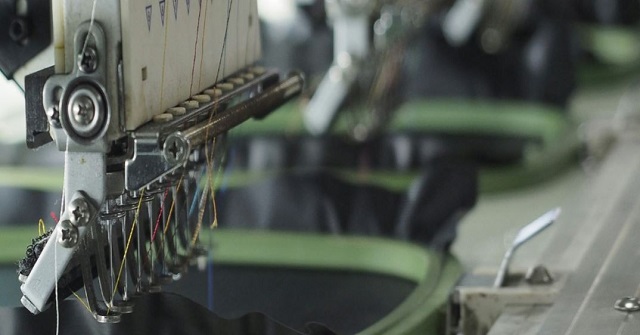The Benefits of Plastic Injection Molding in Manufacturing

Introduction
Plastic injection molding stands as a highly prevalent manufacturing process, delivering a multitude of advantages to businesses operating in diverse industries. This article delves into the perks of plastic injection molding in manufacturing, examining its applications, efficiency, cost-effectiveness, and environmental impact. By comprehending these benefits, companies can make informed choices and harness the versatility of this technique to augment their production capabilities.
The Advantages of Plastic Injection Molding in Manufacturing
It is a versatile manufacturing method that provides several advantages, making it a popular choice among manufacturers. Let's explore some of these benefits:
1. High Efficiency and Production Speed
One notable benefit of injection molding is its capacity to effortlessly manufacture large quantities of intricate parts. The procedure entails injecting liquefied plastic into a mold, where it solidifies and adopts the mold cavity's shape. Consequently, manufacturers can attain remarkable production speeds, enabling swift turnaround times for sizable orders. This efficiency is advantageous for companies operating in industries characterized by substantial demand and stringent deadlines.
2. Cost-Effectiveness
It offers cost-effective production solutions compared to other manufacturing methods. Once the initial investment in molds and machinery is made, the cost per unit decreases significantly for larger production runs. Additionally, the automated nature of the process reduces labor costs, minimizing the need for extensive manual intervention. Consequently, businesses can save on production expenses, resulting in higher profitability and competitive pricing for their products.
3. Design Flexibility and Complex Geometry
The plastic injection molding process exhibits remarkable versatility, enabling the creation of intricate and complex designs that pose challenges with alternative manufacturing methods. This process facilitates the production of parts with precise dimensions, intricate features, and varying thicknesses. Manufacturers can incorporate undercuts, threads, and internal features into their designs, providing greater flexibility for product development. This advantage proves particularly valuable in industries such as automotive, aerospace, and electronics, where the demand for intricate components is high.
4. Material Variety
It offers extensive compatibility with a diverse array of materials, encompassing thermoplastics, elastomers, and thermosetting polymers. This exceptional versatility empowers manufacturers to select the most appropriate material that aligns with their unique product requirements. Various materials present distinct properties, such as strength, flexibility, durability, and resistance to heat or chemicals. Through the careful selection of materials, businesses can guarantee that their products meet the desired performance standards while upholding cost efficiency.
5. Enhanced Product Consistency and Quality
In production, consistency and quality are essential components. Excellent reproducibility is provided via about plastic injection molding process, providing uniform part dimensions and characteristics throughout manufacturing runs. High-quality products are produced as a result of the automated and controlled process, which minimizes deviations and flaws. Additionally, the capacity to track and modify several production-related aspects improves the output's uniformity and quality.
6. Reduced Waste and Environmental Impact
It is an environmentally beneficial manufacturing process since it produces less waste during production. The technique's surplus plastic can frequently be recycled and utilized again, minimizing the amount of raw materials wasted. In addition, the process's accuracy and efficiency help reduce energy use, which leaves a lower carbon impact than with other manufacturing methods. Companies can match their manufacturing processes with sustainable standards and lessen their environmental effect by implementing plastic injection molding.
Conclusion:
The plastic injection molding process can effortlessly produce large quantities of complex parts with minimal effort allowing for efficient and rapid production, catering to industries with high demand and tight deadlines. Moreover, the versatility of plastic injection molding enables the creation of intricate and precise designs, offering flexibility for product development in industries such as automotive, aerospace, and electronics. The wide range of compatible materials further enhances its appeal, allowing manufacturers to choose the most suitable material to meet their product requirements while maintaining cost efficiency. By understanding and leveraging the advantages of plastic injection molding, companies can enhance their production capabilities, meet customer demands, and achieve success in the competitive manufacturing landscape.


Comments
Post a Comment